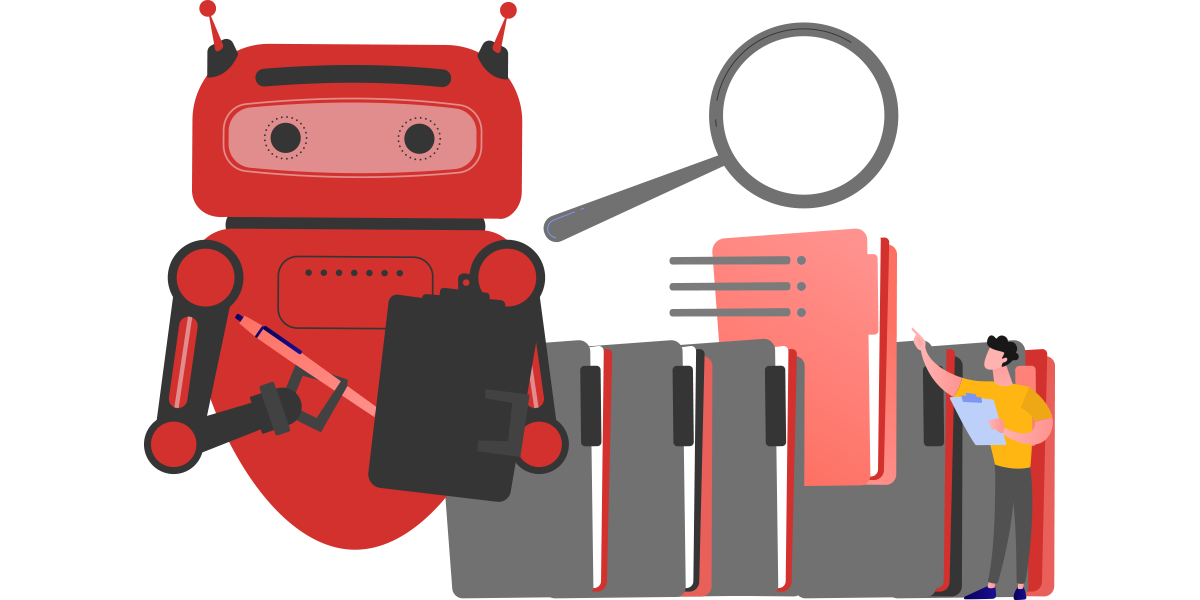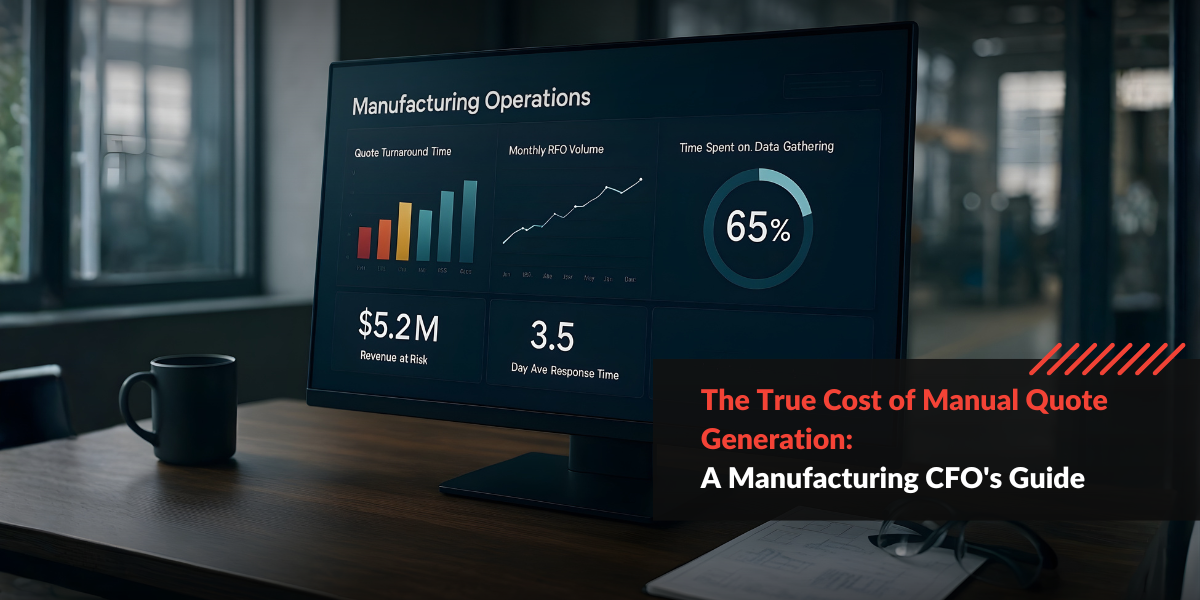1. Reason for increase in demand for Outsourcing Accounting KPO services
2. Bottlenecks faced by the accounting KPO industry
3. Automation to eliminate operational bottlenecks of KPOs.
Businesses today contend with a vast array of data, which can be difficult to parse for essential insights. Fortunately, Knowledge Process Outsourcing organizations equip companies with the competence and strategies necessary for analyzing company operations efficiently and streamlining decision-making processes effectively.
For customers who expect top notch services in this digital landscape, KPO’s must deploy effective procedures alongside well-structured organizational structures that will not only amplify performance but also provide their products or services an upper hand in the market.
For example, data entry can be automated to minimize human time and effort, increase accuracy, and enable faster turnaround times on large financial transactions.
“The Global Knowledge Process Outsourcing Market size is expected to reach $165 billion by 2028, rising at a market growth of 14.8% CAGR during the forecast period”
The business opportunity presented within the global accounting KPO industry is massive and the enterprises can capitalize on it only if they can scale at will, effortlessly. The operational word here is scalability. And automation can empower Accounting KPOs to achieve scalability easily, by eliminating the dependencies on labor, and time.
1. Accounting KPO’s provide businesses with the opportunity to improve their financial management.
2. Accounting KPO’s offer a high level of expertise demanded by clients.
3. Outsourcing allows organizations to focus on core operations and reduce costs related to accountancy and finance departments.
Challenges faced by Accounting KPO firms
As accounting KPO firms experience growth, bottlenecks in achieving operational efficiency have become increasingly apparent. Challenges faced by today’s accounting KPO industry are multifaceted and include:
• Shortage of skilled resources
o One of the biggest challenges facing accounting KPOs or firms is the availability of skilled personnel like CA’s. Identifying, hiring, and retaining such talent can be a difficult and time consuming task.
• Obsolete systems
o The accounting KPOs may be using old software solutions or packages which have limitations functions, or scalability
• Insufficient resources to manage workloads
o Due to few skilled resources, firms are not able to scale easily in case there is a hike in the demand.
• Maintaining data security.
o Any financial data is sensitive and needs to be protected to ensure client privacy and adhere to security standards. A minor leak while processing the data can destroy the reputation of a KPO firm.
These challenges can put a strain on internal operations and external customer delivery timelines, affecting profitability, scalability, and the reputation of a firm’s services. Therefore, accounting KPO firms need to stay up-to-date with advancements in multi-disciplinary technology and operational strategies to ensure they maintain their competitive edge in an increasingly crowded market.
Benefits of automation for Accounting KPO’s
Automated invoicing can streamline accounts receivable functions, reduce errors related to manual input of paperwork, and give accounting teams insights into their receivables performance. More importantly, automation of these processes helps reduce costs associated with an administrative burden for firms providing KPO Accounting services.
As automation technologies become more affordable, they are increasingly being used to perform tasks like data entry and basic analysis that were previously done manually by accountants.
Moreover, automating ancillary tasks and common accountancy requests such as document filing, or client support queries allow KPO firms to focus their attention on other areas which require manual expertise.
Automation is the key element for modern accounting KPOs to streamline processes and improve profitability. Low code Automation solutions are relatively easy to implement and provide an array of features that support a wide range of activities including cash flow analysis, regulatory compliance, invoice tracking, budgeting, and forecasting.
For the ease of implementation and cost savings that come with automation solutions, many accounting KPO firms are trying to incorporate them into their day-to-day operations.
Additionally, automated tools can increase accuracy by monitoring changes within the organization such as updated compliance standards or new legislation so that all team members stay up to date on the latest changes.
By implementing automation solutions in their workflow, KPO firms will not only expedite their processes but also improve accuracy, eliminate redundancy and reduce overhead costs significantly.
Accounting KPO firms can benefit greatly by implementing automation into their day-to-day operations. However, to do this, the top management needs to get the buy-in from the employees, who will benefit the most from automation.
Educating employees on the benefits of automation should be a priority, as well as developing a long-term strategy for successful adoption. Automation can aid employees in achieving a better work-life balance and direct their energies toward more strategic activities.
The commitment from senior management is essential to ensure a smooth transition to automation, maximizing potential gains for the business. This investment will not only increase efficiency and streamline processes, but also improve inventory control, reduce paperwork and increase customer satisfaction.
Identify the right technology partner
To be able to offer value-added services to their clients, KPO’s should aim to rise above delivering the must-haves and look to please their clients with nice-to-have services. This is possible only when the mundane operations are completed by the digital workers/ bots, allowing the employees to focus their energies on enhancing the deliverables.
A robust automation solution can help Accounting KPOs/ shared services providers to scale on demand. By removing the dependencies on market conditions, skilled resources, the leadership can strategize their business operations for long-term growth.
A lower pricing strategy can be easily adopted as most of the processes are performed by bots who can work 24/7. The ability to scale can in turn help the KPO’s to offer lower pricing and attract more customers to accelerate growth.
Automated processes also allow bookkeepers to focus on more value-added activities such as handling customer inquiries faster and providing better strategic financing advice.
But automation alone isn’t enough—resilience and adaptability are just as critical. To truly future-proof operations, KPOs must also adopt strategic frameworks. This guide to thriving amidst disruption outlines how accounting KPOs can bulletproof themselves against industry volatility while leveraging automation as a core asset.
Enhance customer experience, services and workflow automation with Rapid Acceleration Partner’s next-gen content intelligence platform.
You can even build your own use case and the platform can easily integrate with your existing systems.
Unlock the potential of your business with a personalized demo – find out how our products can help you reach new heights.




